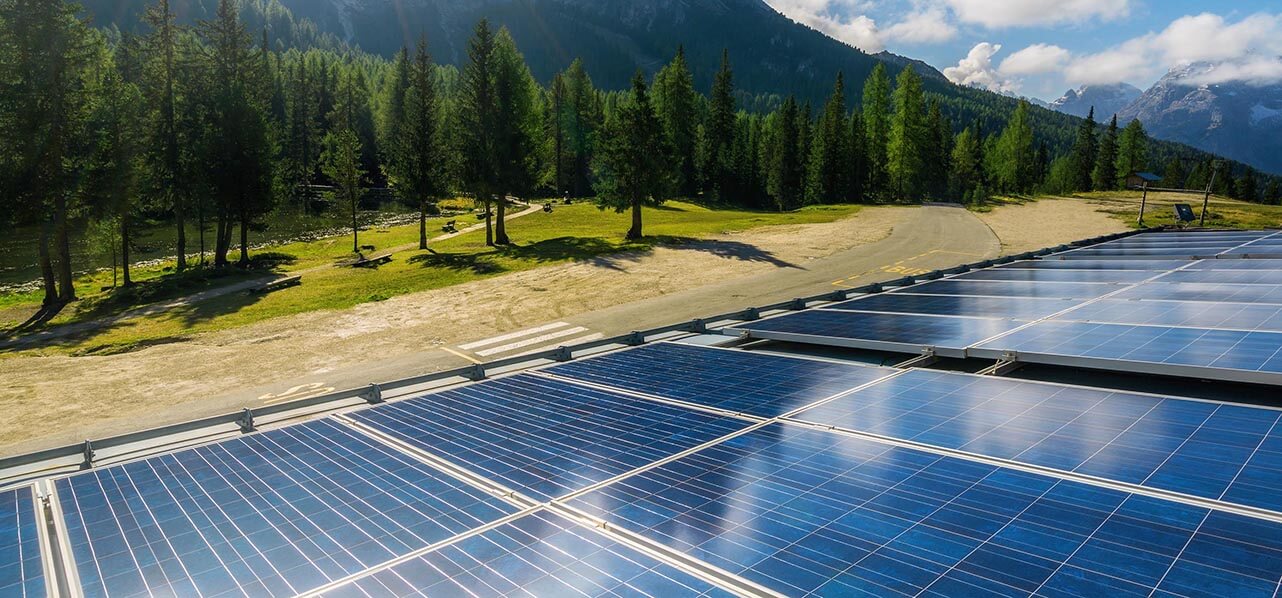Partner London
"Reeves' budget articulates a clear commitment to tackle the housing crisis, boost infrastructure projects and pursue a net zero strategy."
Housing and Infrastructure Focus
The Budget represents a pivotal moment for housing and infrastructure in the UK, with Reeves declaring a substantial commitment to “invest, invest, invest” to drive economic growth.
The Chancellor stated that “we need to fix the housing crisis in this country. It’s created a generation locked out of the property market, torn apart communities and put the brakes on economic growth“.
Central to this approach is a comprehensive housing package designed to address the acute shortage of affordable homes, as well as the broader housing crisis. The Chancellor has committed £5bn to housing investment, part of which includes a £500m augmentation to the Affordable Homes Programme aimed at delivering 5,000 new affordable homes. Kate Henderson, Chief Executive of the National Housing Federation said that “we strongly welcome the £500m top-up to the affordable homes programme. This vital injection of funding, which we’ve been urgently calling for, will support housing associations to continue to deliver much needed affordable homes in the immediate term and prevent a collapse in delivery“.
The Budget also sets a bold target of delivering 1.5m new homes over the next parliamentary term, supported by measures to prioritise up-to-date local plans and five-year targets for the supply of land for housing. Furthermore, it dedicates £3bn in support for SMEs and the Build to Rent sector through housing guarantee schemes, signalling a robust commitment to diversify and strengthen the private housing market.
"Infrastructure investment forms another cornerstone of the Budget, with £100bn+ earmarked for capital investment over the next five years."
In parallel, the Budget introduces a series of transformative planning reforms to accelerate development, including a £46m investment to recruit and train 300 graduates and apprentices within Local Planning Authorities. This initiative is aimed at reducing the planning backlog and expediting stalled projects.
Infrastructure investment forms another cornerstone of the Budget, with £100bn+ earmarked for capital investment over the next five years. A number of significant transportation projects have been confirmed, such as the continuation of the HS2 rail line to Euston Station and the TransPennine Route Upgrade between York and Manchester. These projects underscore the government’s ambition to enhance connectivity and stimulate economic growth across the UK.
Moreover, the Budget aligns with the UK’s net zero ambitions by investing in green technology and infrastructure projects. Notably, £3.9bn is allocated for carbon capture and storage programmes, and substantial investments are directed towards the automotive sector to support the manufacture of electric vehicles and the rollout of charging infrastructure.
Funding the Changes
These ambitious infrastructure projects are to be funded with increased borrowing and so the Budget made the necessary changes to the fiscal rules. The revised fiscal framework will now include government assets in the measure of public sector net financial liabilities, providing the government with additional borrowing capacity to invest in the net zero transition and infrastructure upgrades.
"The successful implementation of these plans will require careful navigation of potential barriers, including planning constraints and regulatory uncertainties."
The establishment of the National Wealth Fund (“NWF”) and Great British Energy (“GBE”) represents a strategic shift towards facilitating public-private partnerships in infrastructure and energy sectors. With an initial capitalisation of £27.8bn, the NWF aims to catalyse over £70bn in private investment, particularly in green hydrogen, carbon capture and green steel projects.
In housing, the reforms to the Right to Buy scheme, which include reduced discounts and allowing local authorities to retain receipts from sales, will help preserve existing social housing stock and facilitate the development of new supply. Additionally, a consultation on a new five-year social housing rent settlement seeks to provide long-term certainty for social housing providers, enabling sustained investment in new housing stock.
Conclusion
The Budget’s housing and infrastructure initiatives are poised to unlock significant investment opportunities, stimulate job creation, and address critical bottlenecks in the planning and development sectors. However, the successful implementation of these plans will require careful navigation of potential barriers, including planning constraints and regulatory uncertainties.
The Budget places an unprecedented emphasis on housing and infrastructure as key levers for economic growth and societal well-being. With a clear focus on investment, planning reform and sustainability, it sets the stage for transformative changes in the UK’s housing and infrastructure landscape.




